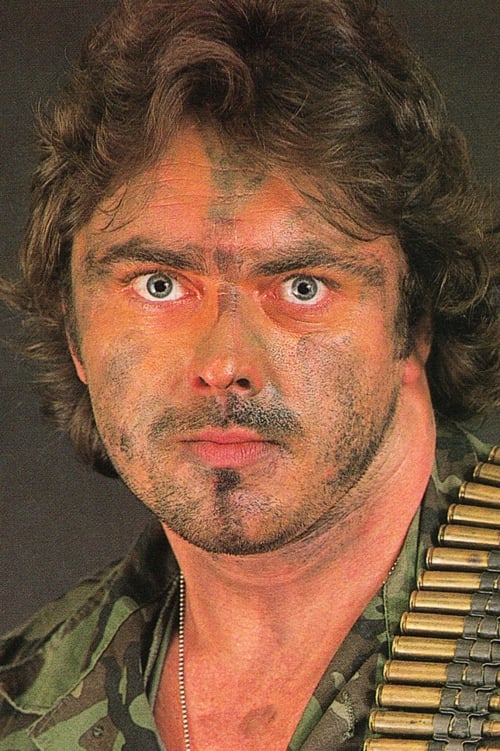
Edge (2009)
Perspectives on drug free culture
Жанр : документальный
Время выполнения : 1Ч 22М
Директор : Michael Kirchner, Marc Pierschel
Краткое содержание
The most widely associated perception of Straight Edge involves abstinence from alcohol, tobacco, other drugs and promiscuous sex. Since it's origin in the early 1980's these beliefs have spread all over the world, connected through the Punk and Hardcore music scenes. Through interviews with musicians that directly shaped the idea of Straight Edge from its inception until today, EDGE reveals that the abstinence from drugs was established as a youth counter culture rejecting a society dominated by substance abuse and hegemony. Ian MacKaye (Minor Threat, Fugazi), Ray Cappo (Youth of Today, Shelter) and Karl Buechner (Earth Crisis, Freya) give witness to their perception of the history of Straight Edge, why it was so important to them and what it changed in their personal and professional careers. But they also address problems like violence, sexism and intolerance that emerged within Straight Edge, and how it changed the 'scene' as well as its public image.

"This beautiful example of far-fetched blasphemy accompanies a happy, ugly nun into the woods for her constitutional, replete with charming bird noises. Praying to and fondling a priapic mushroom, she is unaware of the evil rapist shadowing her. When the rape occurs, it is in long shot, hidden from view, under a huge tree. Articles of clothes and her cross sail through the air; the tree - entirely dominating the screen - sways rhythmically and repeatedly. A few minutes later it stops; then another tree, a few feet away, begins to sway in identical fashion. The rapist finally emerges, exhausted." (Amos Vogel, Film as a Subversive Art)
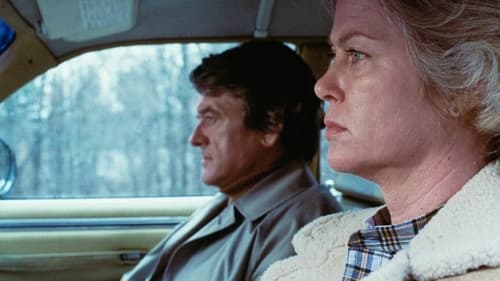
A man plots to kill his wife and children, seeking advice by disguising his plan as a fictional story for his business.

The bizarre tale of Fanny Cradock, Britain's famous and maligned TV chef from 50s to the 70s.
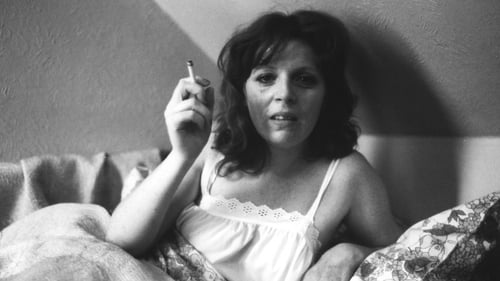
The tale of two women: Sandra, an ambitious but naive Birmingham working girl who moves to London with the hope of securing wealthier patrons, and Louise, her social worker friend, who is fighting to change the antiquated and hypocritical prostitution laws. As both strive to achieve their goals, a cold dose of reality dashes their hopes, and the built-in biases against women in society are unmasked.

Two best friends—Tatsuo, a retiring Yakuza member, and Kiyoshi, a cop—travel to the funeral of a woman they both loved.

A man with learning difficulties suffers neglect and ill-treatment, and this is only exasperated when his parents die and nobody seems to know what to do with him. A sequel to this film, titled "Walter and June", was released in 1983 and set 19 years later in time. In the United States, these two are sometimes bundled together under the title "Loving Walter".

Sunday tells the story of an infamous day in Derry, North of Ireland and how the events of that day were subsequently covered up by the British Government of the time. On Sunday 30th January 1972 a peaceful civil rights march against internment (imprisonment without trial), organised by the Northern Ireland Civil Rights Association (NICRA) ended with 13 marchers shot dead and 15 wounded. It became known throughout the world as Bloody Sunday. Told primarily from the perspective of the Derry community, juxtaposed with the British Army/state's preparations and reaction to the day, Sunday communicates the forensic and emotional truth of what happened

A stylish and humorous short feature about vampires living in Paris.

Seoul Train is a 2005 documentary that deals with the dangerous journeys of North Korean defectors fleeing through or to China. These journeys are both dangerous and daring, since if caught, they face forced repatriation, torture and possible execution. Seoul Train has been broadcast on television around the world, including on the Emmy Award-winning PBS series Independent Lens. In January 2007, "Seoul Train" was awarded the Alfred I. duPont – Columbia University Silver Baton for excellence in broadcast journalism. In April 2007, "Seoul Train" was named runner-up in the National Journalism Awards. The film was produced, directed and filmed by Jim Butterworth, a technology entrepreneur in Colorado in the U.S., and Lisa Sleeth of Incite Productions. It was co-directed and edited by Aaron Lubarsky, an Emmy award-winning documentary filmmaker in New York.

A reclusive, elderly author is visited by a young admirer … but both men are more than they claim to be.
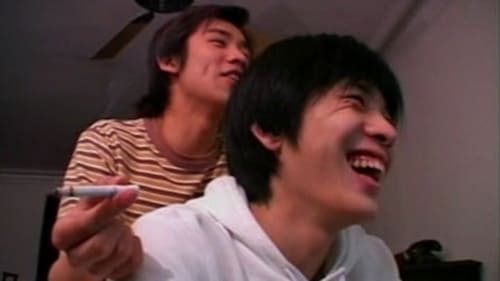
A glimpse into the lives of 4 Shanghai teenagers.
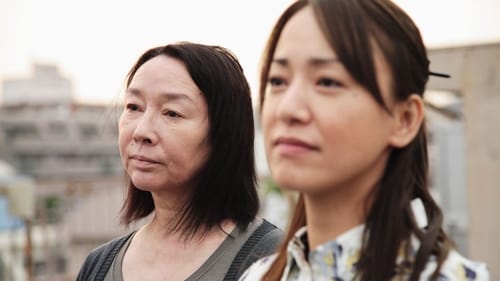
There is an old love hotel in Tokyo's Shinjuku district where couples can rent a room by the hour for romantic assignations. However, few of its regular customers seem to come there for sexual encounters; the hotel has become a hangout for rootless teenagers, senior citizens looking for a place to relax, and kids that play under the watchful eye of its owner...
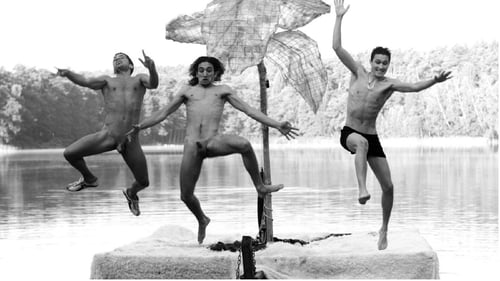
Black Sheep (original title: Schwarze Schafe) is a german/swiss black and white movie. It's separated into five episodes, which tell stories of the Berlin city life. A hopeless impostor. An East German couple who dreams of the big money. Three Turkish teenagers who do everything to have sex. Two hapless Satanists. And gay boys who dream of a better world. An anarchist, humorous black comedy about life in Berlin.

Bokolo and Mamadou, sweepers in the city of Paris, are looking for a way to pay for the return home of one of their sick comrades. When they find an old book of recipes in the trash, they discover a passion for French cuisine and decide to participate in a televised cooking competition.

Loosely based on the story of serial killer Dennis Nilsen, it explores the interwoven notions of loneliness, desire and trust. Founded upon the conviction that societal homophobia often results in tragic consequences, the work grapples with the disturbing forces that drove Nilsen to kill for company.

This documentary reviews and summarises the development of homosexuality as an issue in the past three decades in China. We interviewed thirty prominent figures in the gay community, who have experienced the changes of views and life-styles regarding homosexuality.

Bernard Hill and Victoria Hamilton star in Alistair Beaton's wickedly funny feature-length drama inspired by David Blunkett's private affair held up for very public scrutiny.

After his father figure like mafia boss is murdered, Azusa Moribe (Masaya Sato) goes on a one man killing spree to exact revenge.

Three NYC stories at a climax. Stories about breaking up, losing, leaving, giving away... the things or people you love, you live with, you depend on, which formed your past... The stories are about how difficult this is, how terrifying and how frightening. Yet, you HAVE to do what you have to do. The three girls are met at the turning point of their lives. The film is wonderful written, with few words and a great, exciting pace (though it takes its time and lot of it). Stop: there may be a lot of words, sometimes, but what's important is between-the-lines. The performances are marvellous. Style and location (all shot "on location") remind of this specific independent NYC style of Jarmusch, Poe, Seidelman, Silver, etc.

Rock star Roddy Usher's wife is murdered and Rod is sent to a lunatic asylum in this gothic-comedy-horror-musical.

